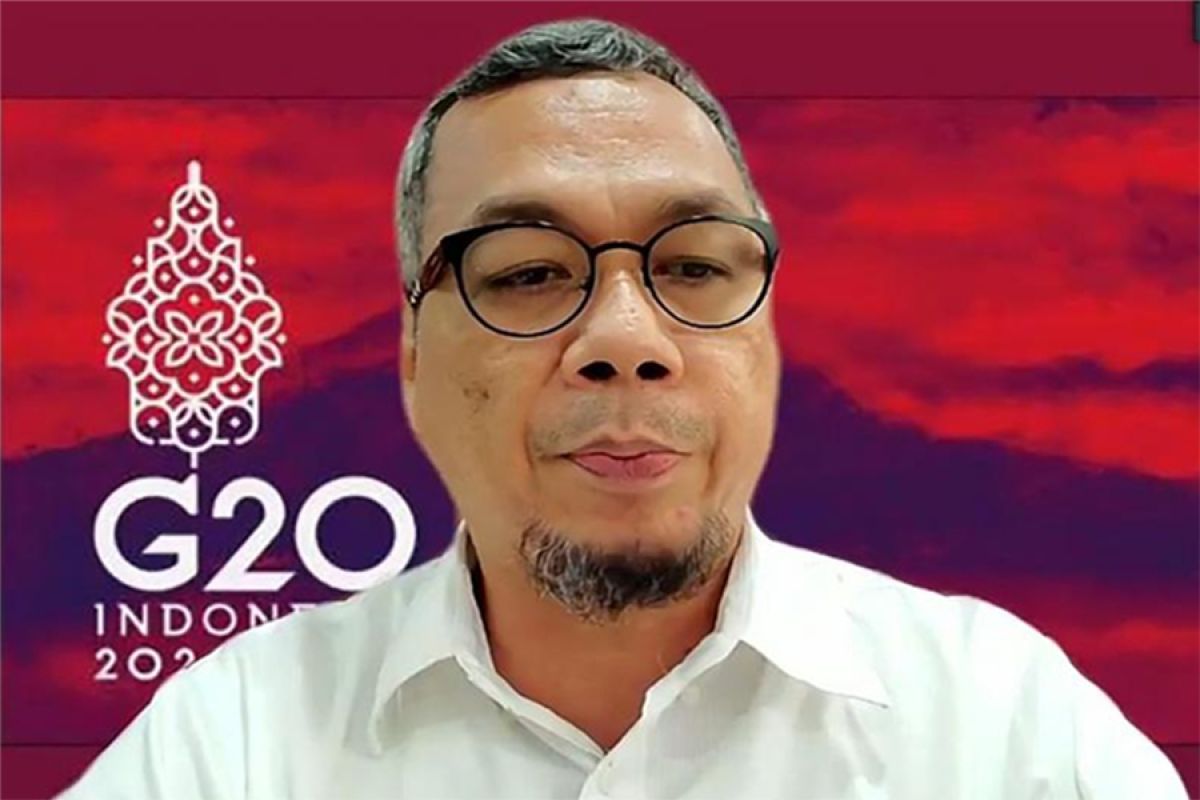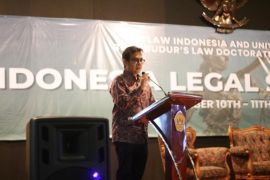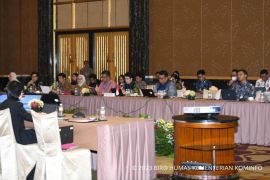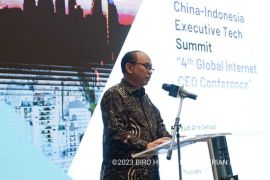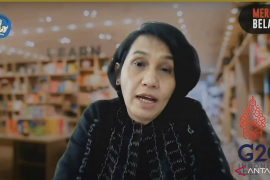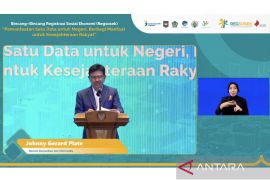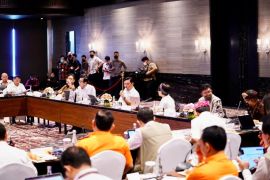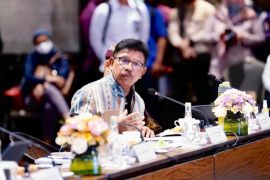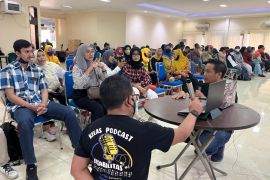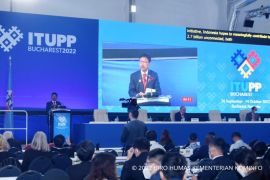Instant journalism can also be seen with the emergence of clickbait journalism, which is bombastic, sensationalist journalism, especially titles made to attract the attention of readersJakarta (ANTARA) - The Communication and Informatics Ministry expects journalists working in the digital era to follow the core values of journalism as a benchmark to address today's information explosion.
The core values of journalism serve as a guideline for journalists to remain credible and trustworthy to the public in the midst of a rampant spread of hoaxes in the cyberspace.
"In the era of digital disruption, one of the challenges faced is instant journalism. Instant journalism is journalism that simply cites sources of information, for instance, from social media. Another aspect is, of course, the (spread) of hoaxes," Director General of Information and Public Communication at the Communication and Information Technology Usman Kansong, stated during a webinar on Monday.
Related news: BNPT detects 600 potentially radical social media accounts
According to Kansong, instant journalism was marked by the use of quotes without checking for the validity of information.
Frequently, it was followed by a clickbait method, a way to pique interest by choosing bombastic or sensational news titles while the news had a wildly different context.
"Instant journalism can also be seen with the emergence of clickbait journalism, which is bombastic, sensationalist journalism, especially titles made to attract the attention of readers," he affirmed.
Kansong opined that the conditions often occurring in the digital era had finally enabled unrestrained press freedom.
Now, it is as if news had become an easily produced commodity. News was not as credible as it used to be, especially during critical times.
“This is because every individual can produce news. Hence, what is reported may be false news or disinformation, misinformation, or malinformation that we commonly refer to as hoaxes," he noted.
Related news: Cyber police pose risk to Indonesia's democracy: LP3ES
Kansong reminded that journalists, as the bearer of news, should have a set of good journalistic values.
Apart from being the people's metaphorical voice and receptors, journalists must also be able to lead discussions on issues or information that have a positive impact on society.
Kansong also pressed for the inclusion of correlational and interpretive functions into the realm of journalism.
He deemed these two functions would complement the informative function and provide entertainment, social criticism, and education, all of which have been running well so far.
"(Journalists) should not be imitators but pioneers of public discourse occurring in society," he stated.
Kansong also advised members of the press to continuously uphold their duty to dispel hoaxes that spread among people.
Thus, the public's trust in the mainstream media can be restored and not be defeated by the news that only circulates on social media.
Related news: Ministry reminds Press Council to prioritize news accuracy
Related news: Role of digital literacy communities in tackling hoaxes
Translator: Livia Kristianti, Mecca Yumna
Editor: Fardah Assegaf
Copyright © ANTARA 2022
